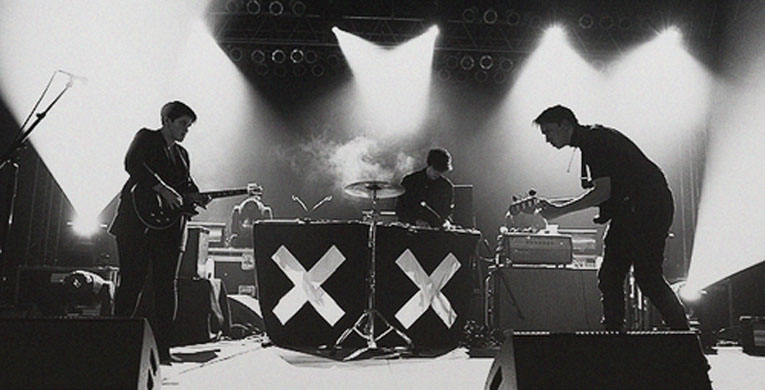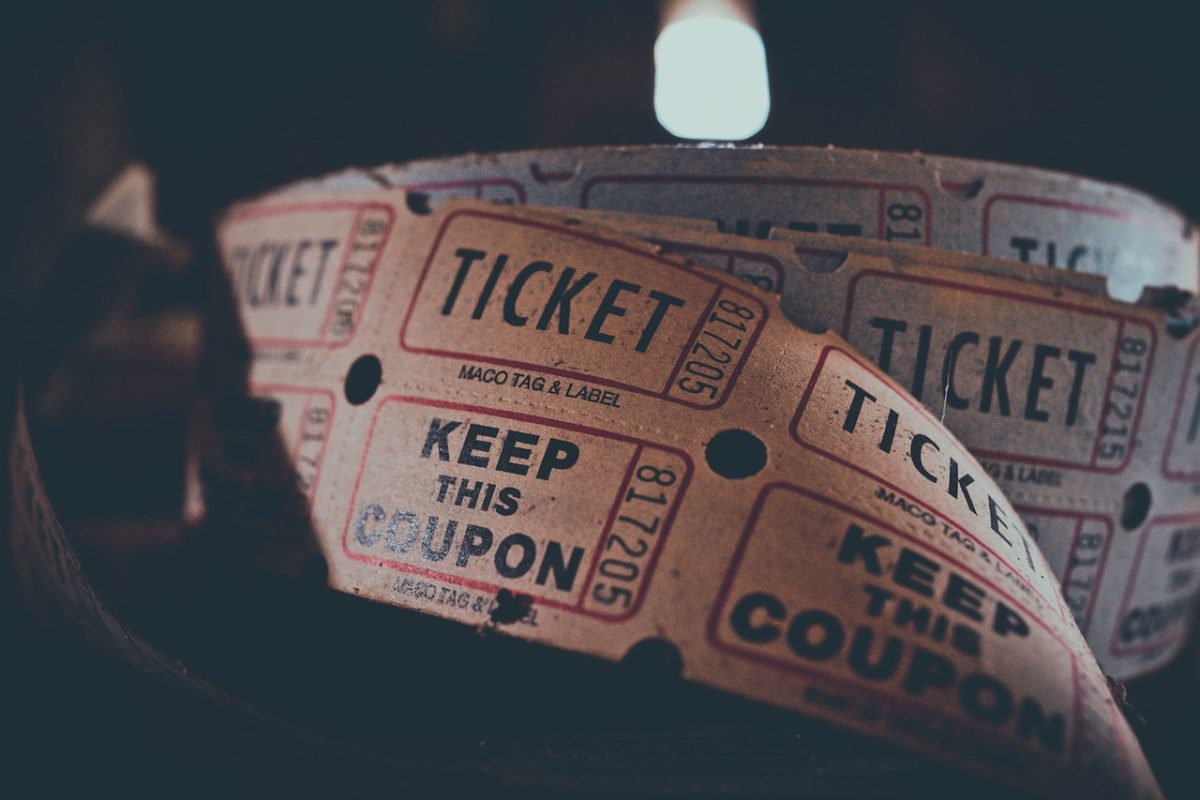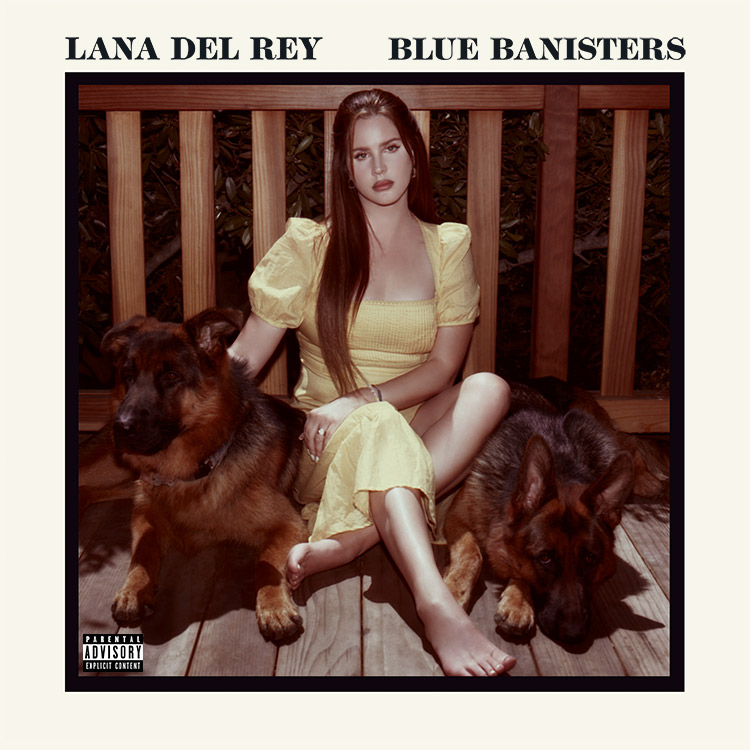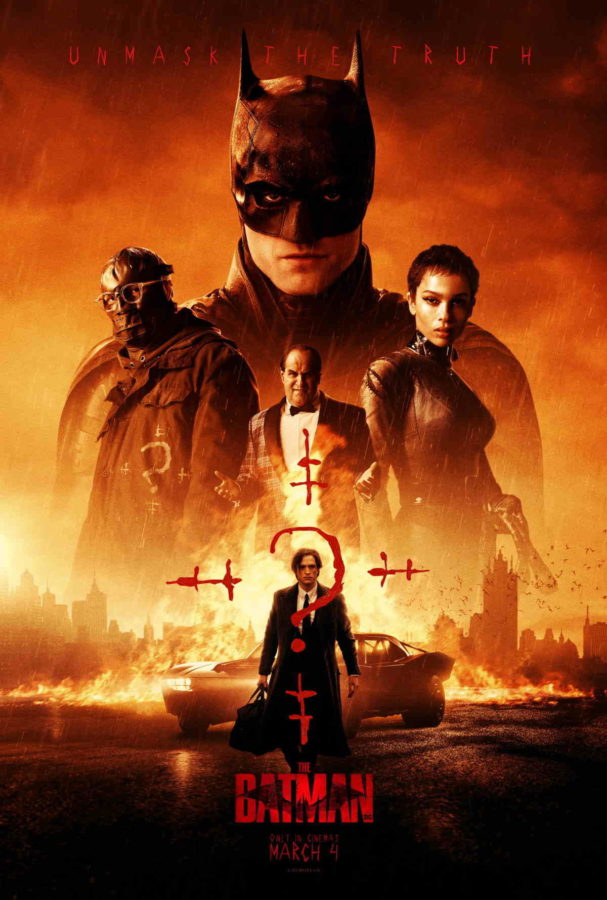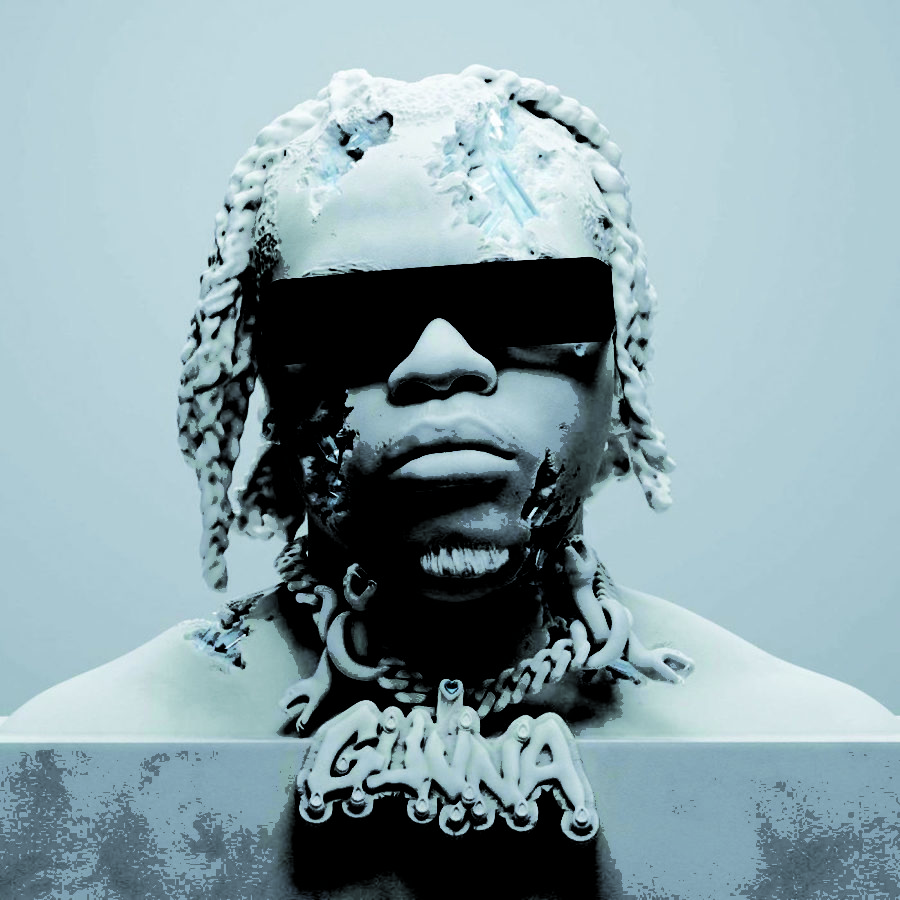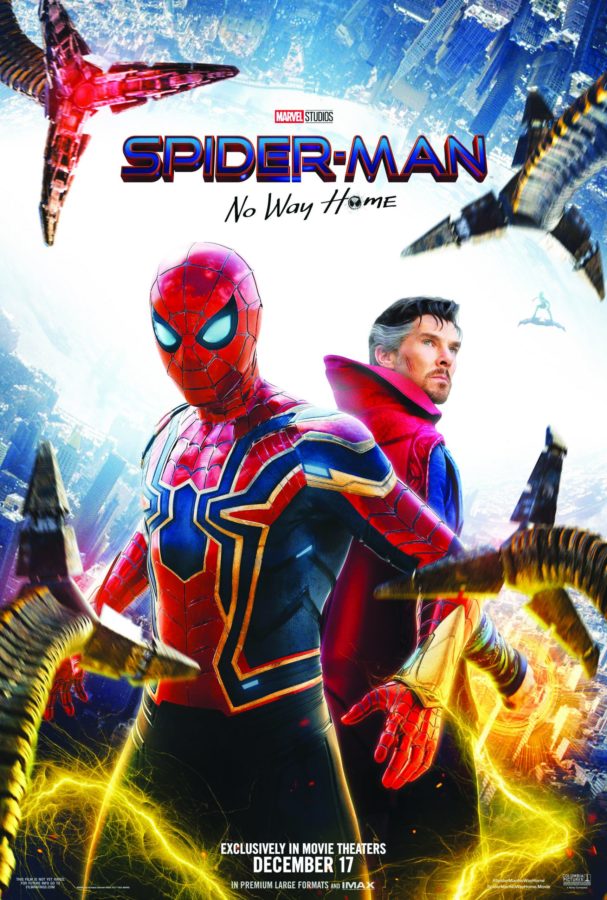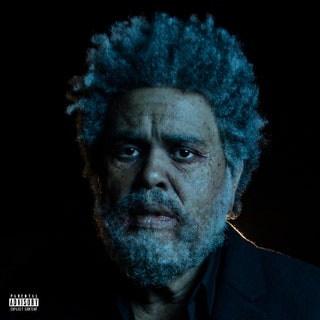
Imagine a person wearing a “The 1975” tee, while listening to the indie band through his earbuds.
He strolls through the Thad and hears Maroon 5 playing on the loudspeaker. The person immediately scrunches his face and looks distasteful. Other students nearby could assume this person was a music snob, specifically toward mainstream music.
Is this a huge stereotype or a personal stigma?
There is a point in one’s life when one’s music taste begins to change. It could be when one attends their first high-school party and the speakers are screaming Neon Trees or Local Natives. It could be when one decides to sign up for Spotify and discover the hidden powers of the “Browse” option.
Or one could resemble me, the incoming college freshman who wanted a fresh ear for different music.
I wanted music that understood my life and could possibly become the soundtrack of my life. As cliché as that sounds, it’s wonderful to have a personal soundtrack. Indie music shaped my soundtrack, but in a literal sense, what is indie music?
Now that we’re in college, indie music suddenly becomes cool and is no longer some weird stigma associated with the grunge-crowd stereotype. But since knowledge is power, college students should know what the indie era really entails before discussing their favorite indie bands.
Indie means one that is independent, especially with an unaffiliated independent record label or motion-picture company. The origin of indie comes from shortening the word independent.
This may be true, but the word has transformed itself over the years into a mixed genre of music most have never heard unless they have a Spotify account. But, indie isn’t technically a genre, nor one type of music. When I think of indie music, I think of music that sounds different from mainstream artists like Katy Perry, Ariana Grande and Maroon 5.
A blog forum user for City-Data said, “the indie rock movement encompassed a wide range of styles, from hard-edged, grunge-influenced bands, through do-it-yourself experimental bands.”
In response to the previous user, another user said indie is a progressive term and that indie rock attempts to controvert the Zeitgeist, which is the general beliefs, ideas and spirit of a time and place.
Just because my some of my favorite bands aren’t considered indie doesn’t give me the sudden urge to delete them from my Spotify playlist and shun them. Quite frankly, because I’m not a hipster. I like music for the way it sounds and the way it makes me feel, not for its trendy unknownness.
Here are some of my favorite bands that are technically “indie” (and they are actually worth listening to):
-Bombay Bicycle Club
-Lord Huron
-Kings of Convenience
-Local Natives
-The Black Keys
-Empire of the Sun
-Kodaline
-M83
-Ingrid Michaelson
-Sea Wolf
-Washed Out
-The XX
Without Spotify, most of these bands would still be a mystery to me. My favorite thing to do in the morning is to wake up and discover new music. The idea of creating a new playlist for me to listen to on a long road trip absolutely thrills me.
According to TuneCore, Spotify has been a primary destination for indie bands to airstream their music to people all over the world.
Now, music lovers may want to think twice when talking about their favorite indie band. Whether one cares about the definition of indie or not, it is good to know what one’s music tastes are and how you can explain it to people.
For me, I’m a little bit of country mixed with a lot of singer/songwriter and indie music. Occasionally, I secretly listen to Katy Perry’s “This is How We Do” because it’s totally addicting. I apologize for the letdown, but everyone has their guilty pleasures.
So for all the music enthusiasts, keep discovering great music, indie or not.
This is a revised version of the print copy.






















